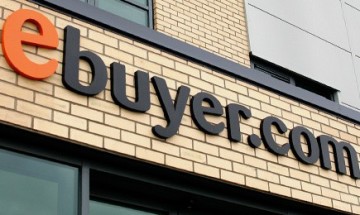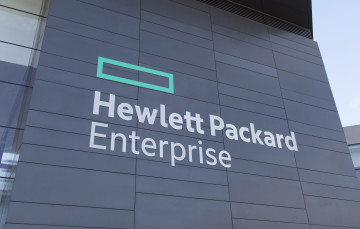Grey market outfit The Alliance for Grey Market and Counterfeit Abatement (AGMA) has warned vendors that they must monitor partners closely for service and warranty fraud
market outfit The Alliance for Grey Market and Counterfeit Abatement (AGMA) has warned vendors that they must monitor partners closely for service and warranty fraud
AGMA is a non-profit organisation aiming to stamp out grey market activity. It claims that the two issues “continue to run rampant” in the technology industry, diminishing vendor revenues by as much as five percent.
The body claims that service abuse can lead to an increase in grey market activity, as well as a decline in customer confidence and company reputation.
AGMA defines services abuse as the use of services and support without proper entitlement or authorisation, while warranty abuse involves a partner providing service on a product that is no longer covered by warranty.
In a statement, it has called on vendors to take a tougher stance on their resellers by implementing watertight contracts and carrying out audits on partners.
“Channel partners play an integral role in the business of tech manufacturing; they are relied upon to help market and deliver products and services to end users. The delegation of these essential activities to a third party necessitates the use of a contract.
“[Vendors] have a right to audit channel partners as they see fit, and they should be exercising it.”
AGMA’s membership comprises industry heavyweights including Microsoft, HPE, HP Inc, Cisco, IBM and Dell EMC – as well as auditing firms including Deloitte, KPMG and PwC.
The body recommends that partners are audited every two years, either at random or by targeting those suspected of malpractice.
AGMA president Sally Nguyen said: “While no contract is ironclad, by covering all your bases in a clear manner, your channel partner contracts will be an instrumental tool in efficiently managing your network of partners.”



















